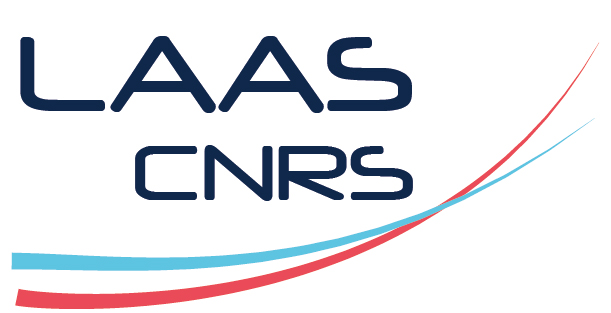Mechanical compressive forces increase PI3K output signaling in breast and pancreatic cancer cells
Résumé
Mechanical stresses, including compression, arise during cancer progression. In solid cancer, especially breast and pancreatic cancers, the rapid tumor growth and the environment remodeling explain their high intensity of compressive forces. However, the sensitivity of compressed cells to targeted therapies remains poorly known. In breast and pancreatic cancer cells, pharmacological PI3K inactivation decreased cell number and induced apoptosis. These effects were accentuated when we applied 2D compression forces in mechanically responsive cells. Compression selectively induced the overexpression of PI3K isoforms and PI3K/AKT pathway activation. Furthermore, transcriptional effects of PI3K inhibition and compression converged to control the expression of an autophagy regulator, GABARAP, whose level was inversely associated with PI3K inhibitor sensitivity under compression. Compression alone blocked autophagy flux in all tested cells, whereas inactivation of basal PI3K activity restored autophagy flux only in mechanically non-responsive compressed cells. This study provides direct evidence for the role of the PI3K/AKT pathway in compression-induced mechanotransduction. PI3K inhibition promotes apoptosis or autophagy, explaining PI3K importance to control cancer cell survival under compression.
| Origine | Fichiers éditeurs autorisés sur une archive ouverte |
|---|---|
| licence |



